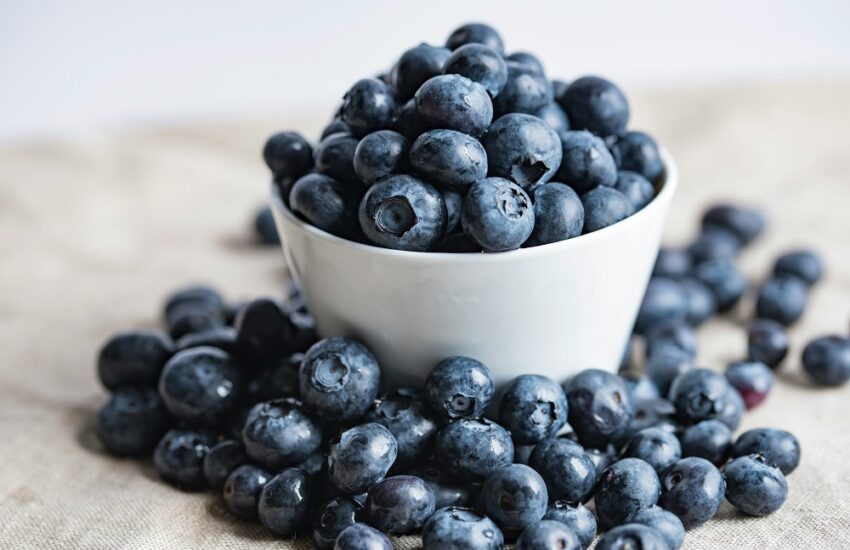In crafting a detailed exploration of 15 superfoods to enhance a healthy diet, each chosen for their exceptional nutritional benefits and impact on overall well-being, it’s essential to delve into their specific attributes and how they contribute to optimal health. These superfoods, celebrated for their nutrient density and health-promoting properties, span various categories from vegetables and fruits to grains, nuts, and seeds. Accordingly Mohit Tandon from Texas, Followings are 15 Superfoods to boost a Healthy diet:
1. Blueberries
Firstly, Blueberries are famous for their vibrant color and exceptional health benefits. They are rich in antioxidants, particularly anthocyanins, which give them their deep blue-purple hue. These antioxidants help protect cells from damage caused by free radicals, thereby reducing oxidative stress and inflammation in the body. Studies have shown that regular consumption of blueberries may improve cognitive function, support heart health by lowering blood pressure, and enhance insulin sensitivity. – Mohit Tandon Texas
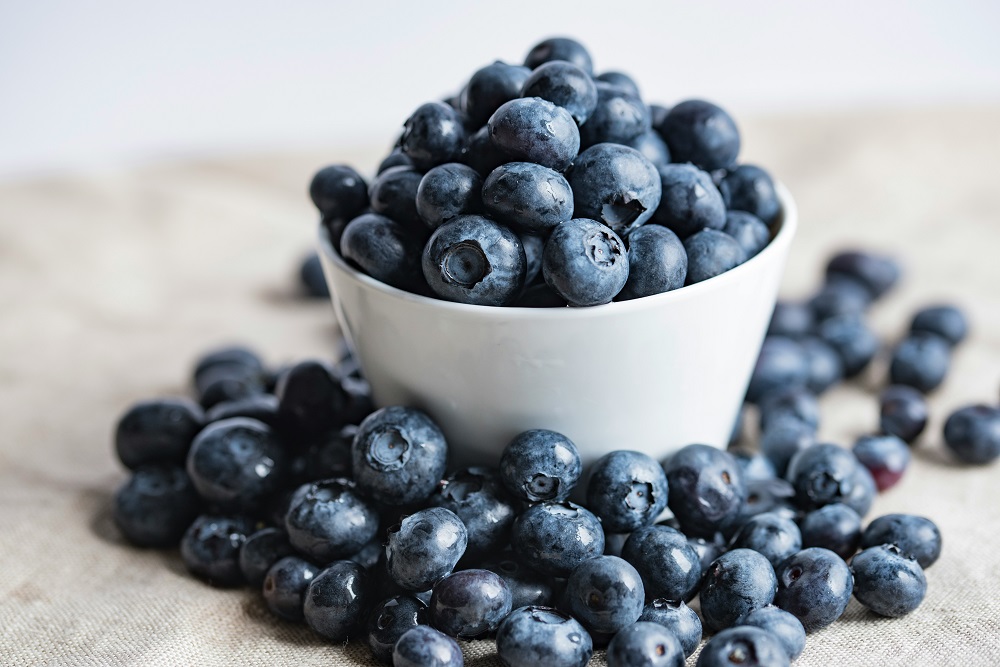
2. Salmon
Salmon is a fatty fish contains omega-3 fatty acids, specifically EPA (eicosapentaenoic acid) and DHA (docosahexaenoic acid). These essential fatty acids are crucial for brain health, supporting cognitive function and reducing the risk of neurodegenerative diseases. Omega-3s in salmon also promote heart health by reducing inflammation, lowering triglyceride levels, and improving cholesterol ratios. Additionally, salmon is an excellent source of high-quality protein and contains essential vitamins and minerals such as vitamin D, selenium, and B vitamins.

3. Spinach
Spinach is a leafy green vegetable loaded with essential nutrients. It’s particularly rich in vitamins A, C, K, and folate, as well as minerals like iron, calcium, and magnesium. Spinach supports bone health due to its high vitamin K content, which is essential for calcium absorption and bone mineralization. The fiber in spinach aids digestion and promotes gut health, while its antioxidants help protect against chronic diseases such as cancer and heart disease. Including spinach in your diet can also contribute to improved blood glucose control and reduced inflammation.
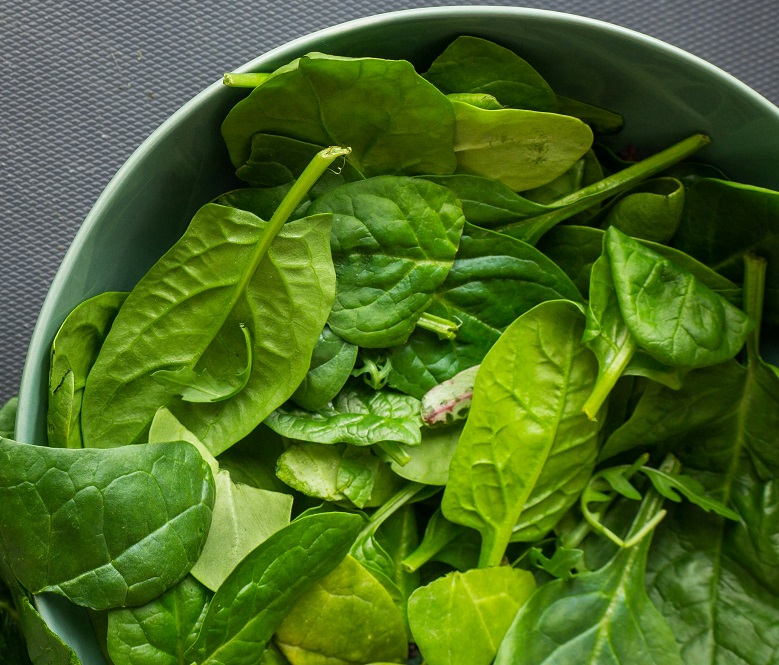
4. Quinoa
Quinoa is an ancient grain famous for its complete protein profile, containing all nine essential amino acids. It’s also high in fiber, making it a filling and nutritious addition to meals. Quinoa is gluten-free and rich in minerals such as magnesium, iron, and zinc, which are important for energy production, immune function, and overall health. Its low glycemic index makes quinoa suitable for maintaining stable blood sugar levels, making it an ideal choice for individuals with diabetes or those looking to manage their weight effectively. – Mohit Tandon Texas
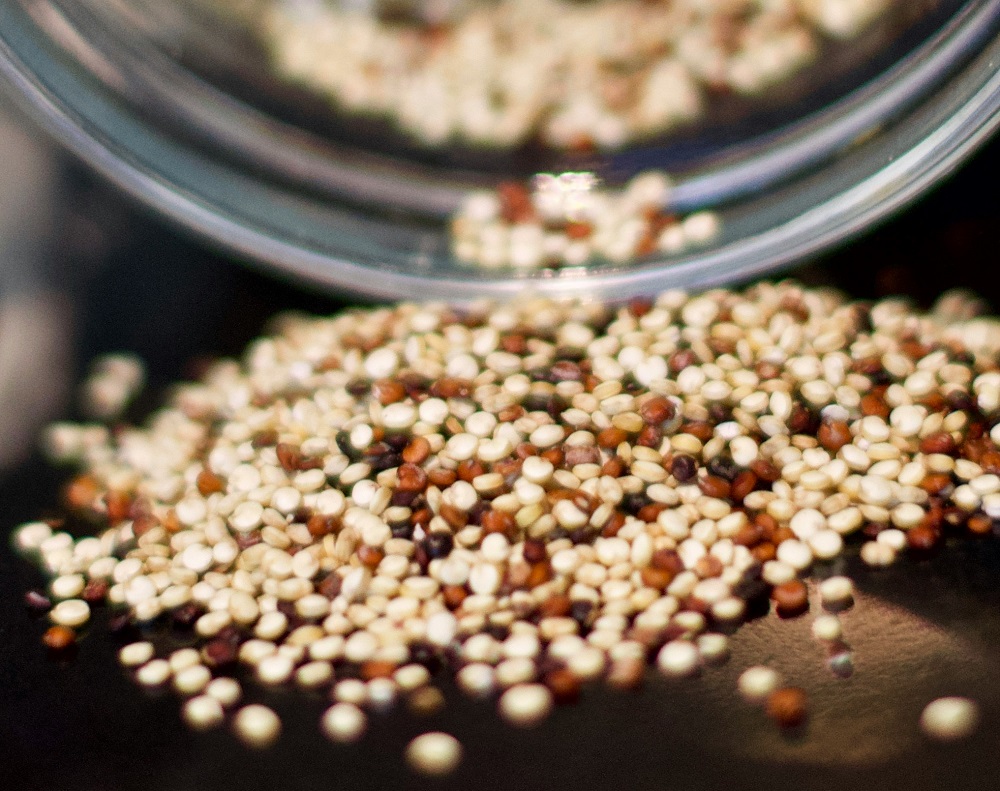
5. Avocado
Avocado is a unique fruit that stands out for its creamy texture and healthy fat content. It’s rich in monounsaturated fats, specifically oleic acid, which has been linked to reduced inflammation and improved heart health. Avocados are also packed with fiber, potassium, vitamin K, vitamin E, and B vitamins. Including avocados in your diet can help lower cholesterol levels, support weight management, and enhance nutrient absorption from other foods. Moreover, the antioxidants in avocados contribute to skin health and may protect against oxidative damage.
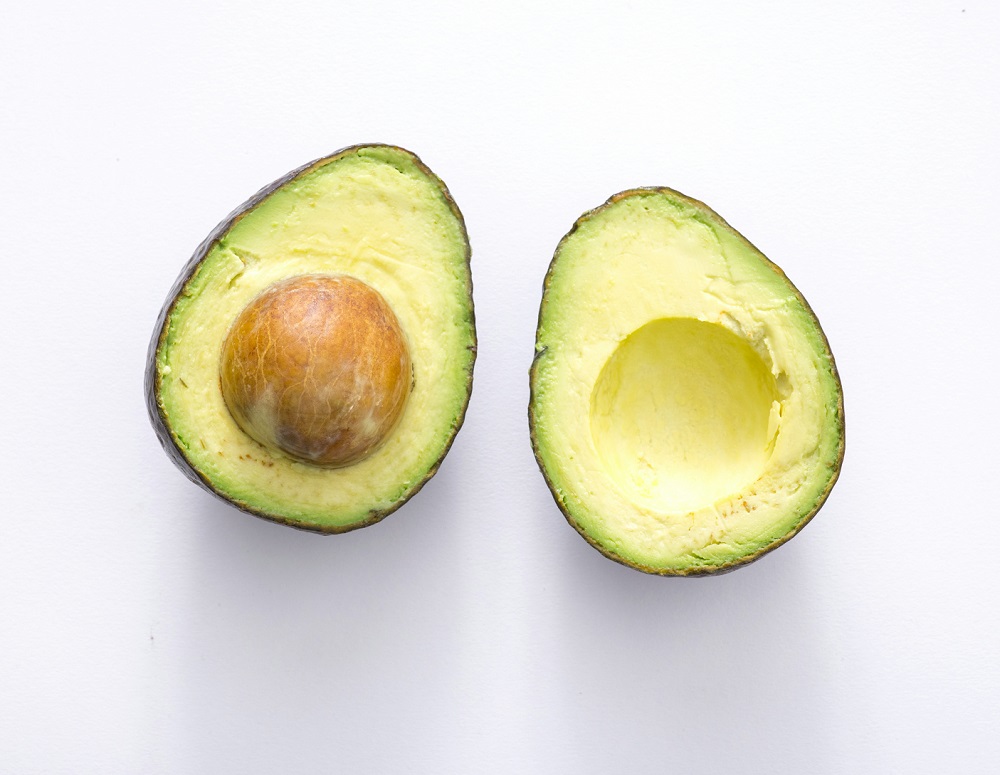
6. Kale
Kale is another nutrient-dense leafy green that has gained popularity for its impressive health benefits. It’s rich in vitamins A, C, and K, as well as minerals such as calcium, magnesium, and potassium. Kale is a potent source of antioxidants, including flavonoids and carotenoids, which help combat oxidative stress and inflammation. Regular consumption of kale has been associated with improved cardiovascular health, enhanced detoxification processes in the body, and reduced risk of chronic diseases such as cancer.
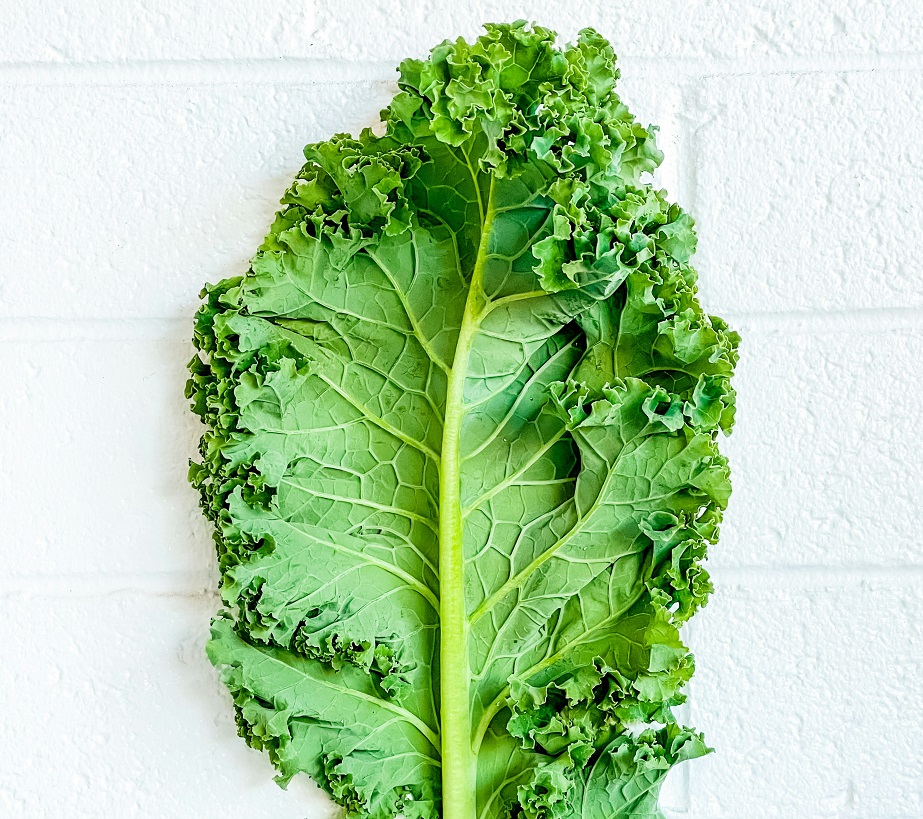
7. Sweet Potatoes
Sweet potatoes are a nutritious root vegetable known for their vibrant orange color and sweet taste. They’re packed with vitamins A and C, which are essential for immune function, vision health, and collagen production. Sweet potatoes also provide complex carbohydrates, fiber, and antioxidants like beta-carotene. These nutrients contribute to stable blood sugar levels, improved digestion, and reduced inflammation. Including sweet potatoes in your diet can support healthy skin, promote gut health, and provide sustained energy throughout the day.
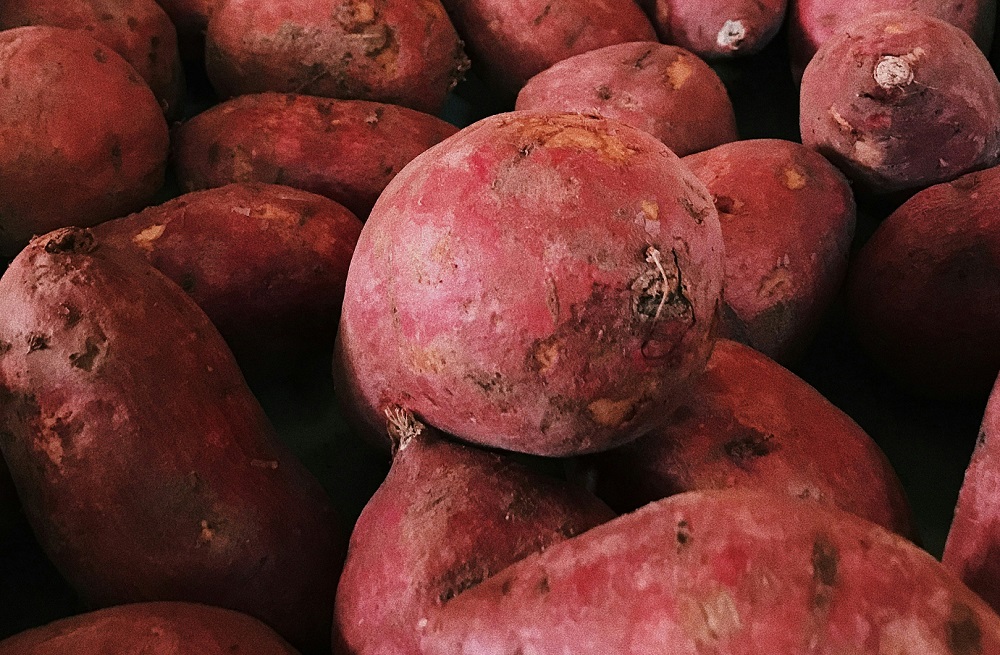
8. Greek Yogurt
Greek yogurt is a nutrient-dense dairy product that offers a rich source of protein, calcium, and probiotics. It’s lower in lactose and higher in protein compared to regular yogurt, making it a suitable choice for individuals with lactose intolerance or those seeking to increase their protein intake. The probiotics in Greek yogurt promote gut health by supporting a healthy balance of beneficial bacteria in the digestive tract. Additionally, the protein in Greek yogurt helps maintain muscle mass, supports bone health, and contributes to feelings of fullness and satiety.

9. Walnuts
Walnuts are a type of tree nut known for their distinct flavor and impressive nutritional profile. They’re rich in omega-3 fatty acids, particularly alpha-linolenic acid (ALA), which has been linked to improved heart health, reduced inflammation, and enhanced cognitive function. Walnuts also provide protein, fiber, vitamins (such as vitamin E), minerals (like magnesium and phosphorus), and antioxidants. Incorporating walnuts into your diet can help lower cholesterol levels, support brain health, and protect against oxidative stress. – Mohit Tandon Texas
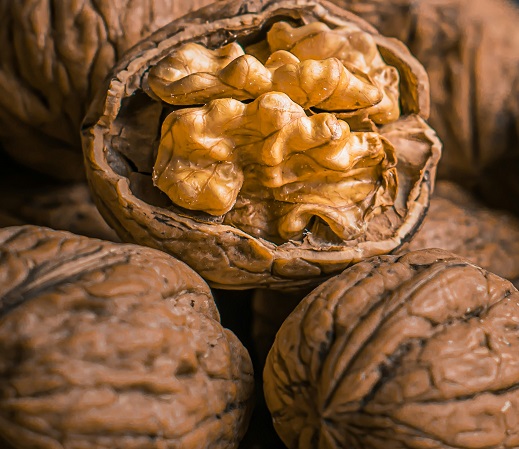
10. Berries (Strawberries, Raspberries, Blackberries)
Berries, including strawberries, raspberries, and blackberries, contains vitamins, minerals, fiber, and antioxidants. They’re low in calories and high in water content, making them a nutritious and hydrating snack option. Berries are particularly rich in vitamin C, which supports immune function and collagen production, and anthocyanins, which give them their vibrant colors and contribute to their antioxidant properties. Regular consumption of berries has been associated with improved heart health, enhanced cognitive function, and reduced inflammation in the body.
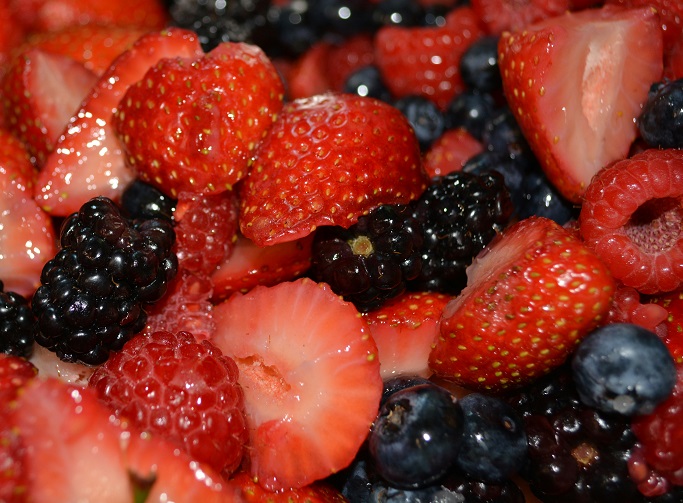
11. Chia Seeds
Chia seeds are tiny black seeds that are highly nutritious and packed with fiber, protein, omega-3 fatty acids, and various vitamins and minerals. They’re particularly rich in soluble fiber, which helps promote digestive health, regulate blood sugar levels, and contribute to feelings of fullness and satiety. The omega-3 fatty acids in chia seeds support heart health by reducing inflammation, lowering cholesterol levels, and supporting brain function. Chia seeds can be easily incorporated into smoothies, yogurt, oatmeal, or used as a thickening agent in recipes.
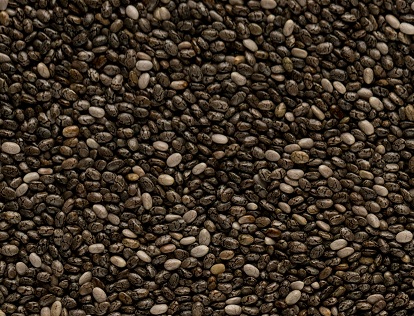
12. Beans and Legumes (Lentils, Chickpeas, Black Beans)
Beans and legumes are versatile plant-based sources of protein, fiber, complex carbohydrates, vitamins, and minerals. They’re low in fat and cholesterol-free, making them a healthy addition to any diet. Lentils, chickpeas, and black beans, in particular, are rich in fiber, which promotes digestive health, regulates blood sugar levels, and supports weight management. They also provide essential nutrients such as iron, potassium, and folate, which are important for energy production, muscle function, and overall well-being. Including beans and legumes in meals can help reduce the risk of chronic diseases such as heart disease and diabetes.
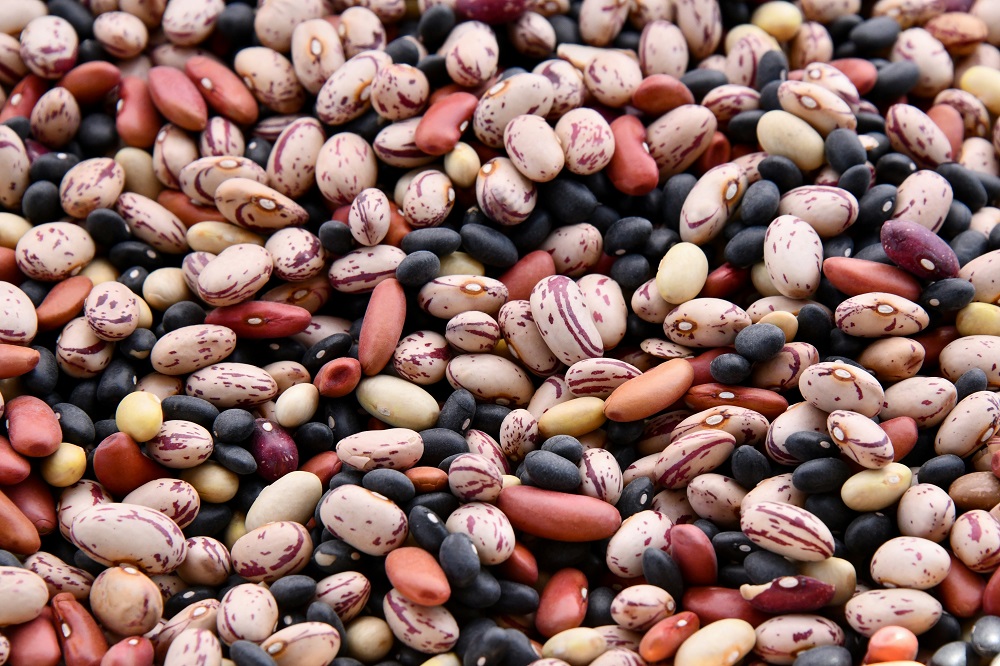
13. Turmeric
Turmeric is a spice known for its vibrant golden color and potent anti-inflammatory properties. It contains an active compound called curcumin, which has been extensively studied for its health benefits. Curcumin in turmeric helps reduce inflammation, alleviate joint pain, and support immune function. It also acts as a powerful antioxidant, protecting cells from oxidative stress and free radical damage. Incorporating turmeric into your diet, whether in curries, smoothies, or as a tea, can help promote overall health and well-being.
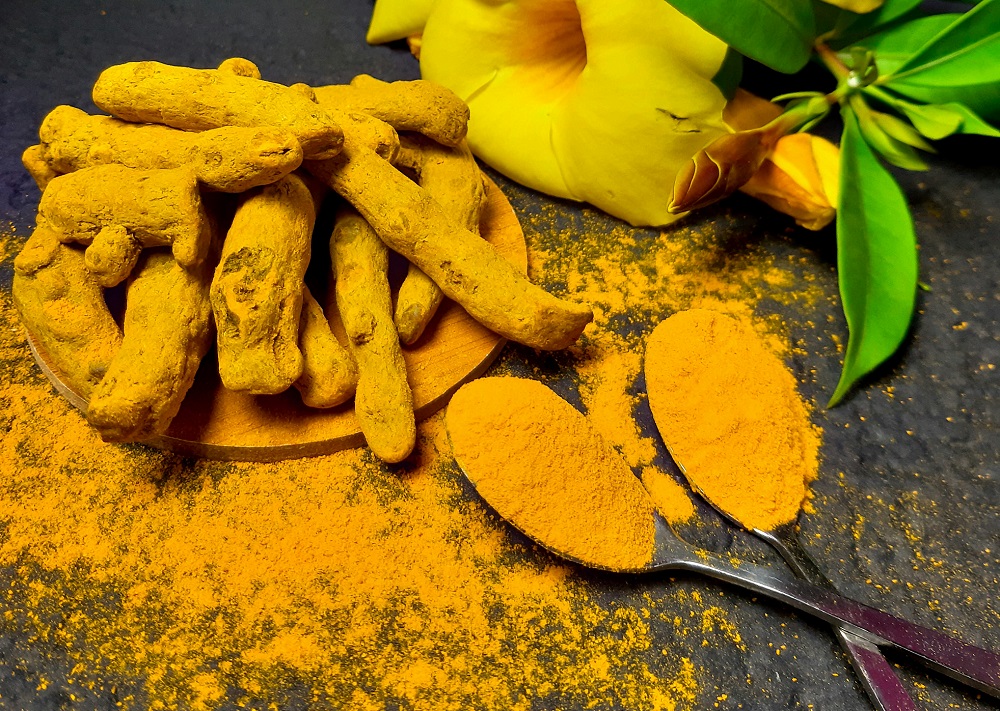
14. Oats
Oats are a whole grain known for their high fiber content and numerous health benefits. They’re rich in soluble fiber, particularly beta-glucan, which helps lower cholesterol levels, regulate blood sugar levels, and promote feelings of fullness. Oats also provide complex carbohydrates, protein, and essential vitamins and minerals such as iron and magnesium. Eating oats regularly can support heart health, aid in weight management, and improve digestive health. They can be enjoyed as oatmeal, added to smoothies, or used in baking recipes.
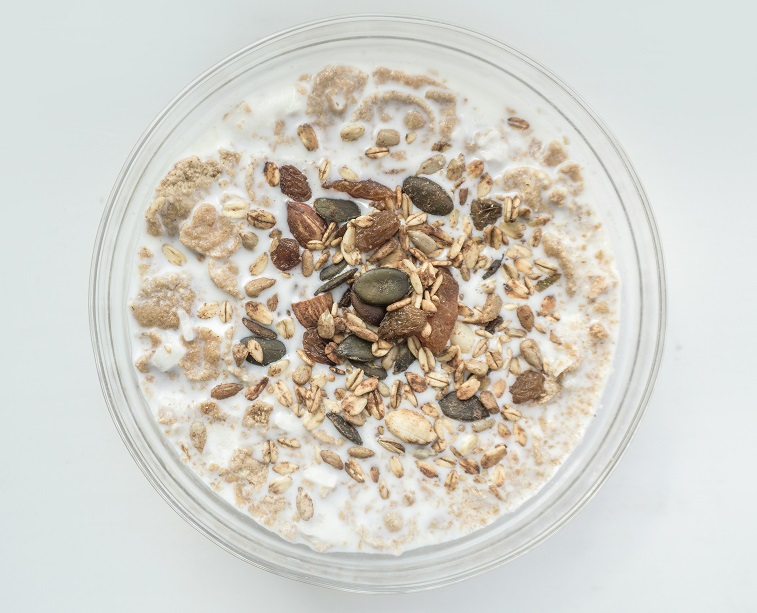
15. Green Tea
Green tea is a popular beverage known for its antioxidant properties and numerous health benefits. It contains polyphenols, particularly catechins, which have powerful antioxidant and anti-inflammatory effects. Drinking green tea regularly has been associated with improved heart health, reduced risk of cancer, enhanced brain function, and weight management. The caffeine in green tea provides a mild stimulant effect, promoting alertness and concentration. Green tea can be enjoyed hot or cold and is a refreshing and hydrating alternative to sugary beverages.
Incorporating these 15 superfoods into your diet can provide a wide range of health benefits, from supporting heart health and improving cognitive function to promoting digestive health and reducing inflammation. By making nutrient-dense choices and prioritizing whole foods, you can nourish your body and enhance your overall well-being. Remember to enjoy these superfoods in combination with a balanced diet and active lifestyle for optimal health outcomes.
